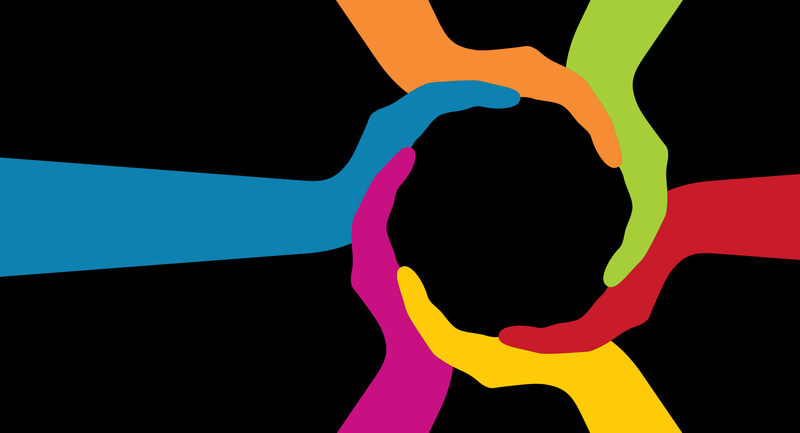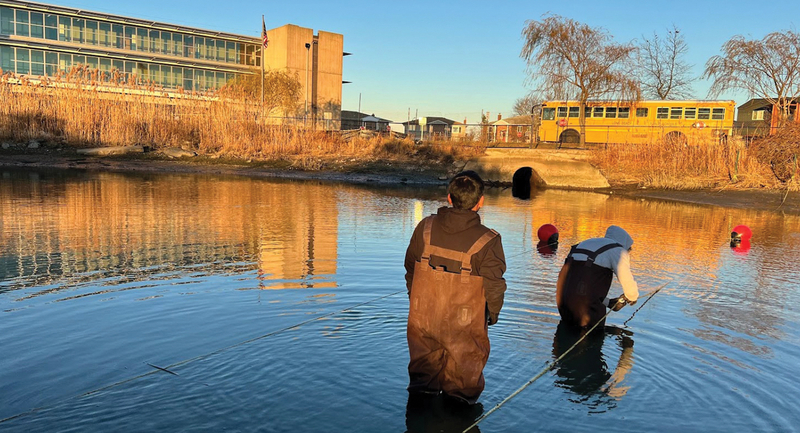Next year, school budgets will be tight—so what else is new? You still want to engage your students, offer rigorous and challenging lessons, and create a spark in your young learners, right? If you can't buy new textbooks, materials, or resources, don't despair. Take advantage of the thousands of free resources, lesson plans, videos, and multimedia available for educators.
Here are just a few of the many available free K–12 educational resources that will help you enrich your curriculum and enliven your classroom lessons during the next school year! And don't miss ASCD's free resource page at www.ascd.org/free-resources.
Teaching and Learning
Free Resources for Educational Excellence (FREE)
This exciting website (http://free.ed.gov) offers more than 1,500 K–12 resources across content areas, including the arts and music, U.S. and world history, social studies, health, physical education, language arts, math, and sciences. These resources come from dozens of federal agencies, including the Department of Education, the Library of Congress, the Department of Energy, and the Department of Health and Human Services, as well as lesser-known entities such as the U.S. Institute of Peace, the National Oceanic and Atmospheric Administration, and more.
FREE provides educators with access to professional research, videos, lesson plans, historical texts, and instructional information. Subscribe to the FREE RSS feed for new resources and news.
Thinkfinity
Verizon Thinkfinity (www.thinkfinity.org) offers a diverse range of K–12 teaching and learning resources, including lesson plans that are aligned with state standards. Thinkfinity also features exciting interactive tools like National Geographic's Living Landscapes lesson, which teaches students about natural disasters, and its Migration Station, which drives home lessons about why people move from nation to nation.
Thinkfinity's content comes from its partners, which include the Kennedy Center's ArtsEdge, the Council for Economic Education, the National Endowment for the Humanities, the American Association for the Advancement of Science, the International Reading Association, the National Council of Teachers of English, and more. There's something here for every teacher.
Think Quest
Have you always wanted to try project-based learning with your students, but didn't know where to start? Think Quest is an international competition where student teams engage in collaborative, project-based learning by creating educational websites. Sponsored by the Oracle Education Foundation, the ThinkQuest website (www.thinkquest.org) is an online learning platform where students and teachers share rigorous project activities. The website offers links to more than 7,000 project ideas and activities across the content areas. Interested in joining the competition? Go to www.thinkquest.org/competition.
Also, share your lesson plans, network with other educators and brainstorm on ASCD EDge™, a free social networking platform for educators. Get connected at http://ascdedge.ascd.org.
Science
National Institutes of Health (NIH), Office of Science Education K–12 Lesson Plans
Whether you want to teach young students about the inner workings of the eye, explore bioethics, or teach lessons about neurobiology, NIH offers modules, detailed lesson plans with objectives, activities, and assessment suggestions; texts for students and bibliographies for teachers; videos; and other materials that will help you breathe life into your science lessons. Teachers can go deeper in their content knowledge by exploring the historical documents and research gathered in the teacher's guide that is available with each lesson, while students participate in the lesson's interactive web activities.
The website also features a "career finder" resource to help young people match their skills and interests to careers in the health and science fields. The LifeWorks® application includes more than 100 career descriptions and interviews with adults who discuss their own paths to professional success, and a college and career planning guide to help students understand what type of skills they must master to prepare for higher education and a career in the health and science fields. For more information, go to http://science-education.nih.gov.
Also check out Discovery Education's (www.discoveryeducation.com/teachers) free classroom resources, the educational science games available from PBS Kids (http://pbskids.org/games/science.html), and National Geographic's well-designed website for kids (http://kids.nationalgeographic.com/kids).
Math
The Math Forum @ Drexel
A resource for math students in grades 3–12, this website offers lessons, problems and puzzles, video, instructional tools, and more across the math content areas. Students can ask "Dr. Math" their burning questions and participate in weekly challenges. For teachers, the website offers links to lesson plans, articles, research, and free online professional development opportunities. Check it out at http://mathforum.org.
Art and Music
Free Sheet Music
Want to add some new tunes to your music, orchestra, band, and choral classes? The Historic American Sheet Music Collection and the Library of Congress offer 3,042 pieces of sheet music drawn from the Rare Book, Manuscript, and Special Collections Library at Duke University (available at http://library.duke.edu/digitalcollections/hasm). With its selection of Negro spirituals, Civil War songs, and vaudeville and musical theater numbers, this collection provides downloadable sheet music for a wealth of 19th and early 20th century songs.
The Music for the Nation: American Sheet Music, 1870–1885
This collection offers sheet music for tens of thousands of songs published during those specific years (available at http://memory.loc.gov/ammem/smhtml).
Also, the Library of Congress website has compiled links to dozens of performing arts resources at www.loc.gov/rr/perform/new.internet.resources.html.
The Kennedy Center's ArtsEdge
The Kennedy Center offers a wonderful resource for teaching and learning in the arts. ArtsEdge (http://artsedge.kennedy-center.org), provides more than 180 lesson plans across artistic disciplines.
Use the "How To" finder to access tip sheets and instructions for a wide range of topics, including making student art critiques more purposeful, engaging English language learners through the arts, encouraging reluctant students to express themselves through dance and movement, and using "real world" art assessment strategies. The website also provides a listing of the national standards for arts education, developed by the Consortium of National Arts Education Associations, and links to various state standards.
Students will love the multimedia resources, such as concerts from internationally acclaimed orchestras; videos tracing the historical roots of different types of musical genres, ranging from Cajun music to Palestinian jazz to mariachi; and all the stimulating interactive activities.
NEA Jazz in Schools
The NEA offers this web-based curriculum and DVD that explores the effect that jazz music has had on American history and society. The five lesson areas include video, audio files, historical photos, student activities and assignments, and assessments. For more information, go to www.neajazzintheschools.org.
Language Arts
Read.Write.Think.
Through its partners, the International Reading Association (IRA) and the National Council of Teachers of English (NCTE), and its sponsor, Verizon Thinkfinity, Read-WriteThink provides educators, parents, and after-school professionals with access to "the highest quality practices in reading and language arts instruction by offering the very best in free materials." The lesson plans provided on the site are reviewed by experts and aligned to IRA/NCTE standards and state standards. You can also download graphic organizers, assessment tools, tip sheets, and more at www.readwritethink.org.
U.S. History
The Smithsonian's History Explorer (http://historyexplorer.americanhistory.si.edu/lessons/index.asp) compiles standards-based lessons and activities that young people can do at school or with their families. Students can tap into the Smithsonian's repository of historical artifacts, expert research, and online exhibitions. Check out the guide explaining how to most effectively use primary source documents at http://historyexplorer.si.edu/PrimarySources.pdf.
Also, download study guides from The History Channel Classroom (http://www.history.com/shows/classroom/articles/studyguides), on topics ranging from the "Real Thanksgiving" to African-American D-Day to citizenship. The American Folklife Center (www.loc.gov/folklife/edresources/ed-teacherstudent.html) provides comprehensive research and also guides teachers in creating oral history projects with their students, which can be immensely engaging for young people.
These highlighted resources are just scratching the surface! Click through these links in the online version of this article at www.ascd.org/publications/newsletters/education-update/jun11/vol53/num06/toc.aspx.








